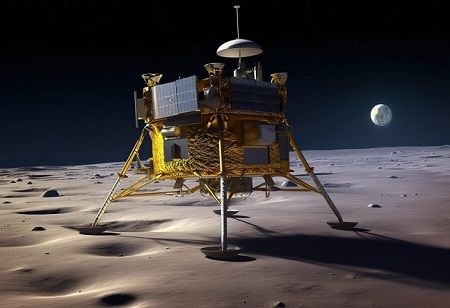The China National Space Administration (CNSA) and Thailand's Ministry of Higher Education, Research, and Innovation have jointly signed two Memoranda of Understanding (MoUs) aimed at fostering collaboration in space exploration and the peaceful utilization of outer space. One MoU focuses on general space cooperation, while the other specifically targets cooperation in building an international lunar research station.
According to the official statement, China and Thailand will establish a joint committee and working group to enhance cooperation in various aspects of space activities, including exploration, applications, and capacity building. This collaboration will involve planning and executing joint space projects, facilitating scientific exchanges, conducting personnel training programs, exchanging data and information, and organizing workshops and seminars.
A key area of focus will be the development, operation, and utilization of the international lunar research station. Both parties will assemble expert teams to conduct research in scientific, engineering, and international cooperation domains to formulate a comprehensive cooperation plan. Furthermore, they extend invitations to other countries, international organizations, research institutions, universities, industrial entities, and scientists to participate in the International Lunar Research Station program, encouraging joint exploration activities.
This initiative builds upon previous space cooperation efforts between China and Thailand, including the establishment of projects such as the Lancang-Mekong Space Information Exchange Cooperation Center and the Lancang-Mekong Remote Sensing Data Center. Notably, Thailand's space weather monitoring instrument was selected for inclusion in China's Chang'e-7 mission payload last year. Future collaboration between the two countries will extend to lunar exploration missions.
The International Lunar Research Station project, led by China, has already garnered interest from various countries and institutions. Russia signed an MoU for cooperation in its construction in 2021, and additional participants include the Asia-Pacific Space Cooperation Organization, the United Arab Emirates, Venezuela, South Africa, Azerbaijan, Pakistan, and Belarus. Currently, China has established cooperation agreements with over ten countries and international organizations for this endeavour.

